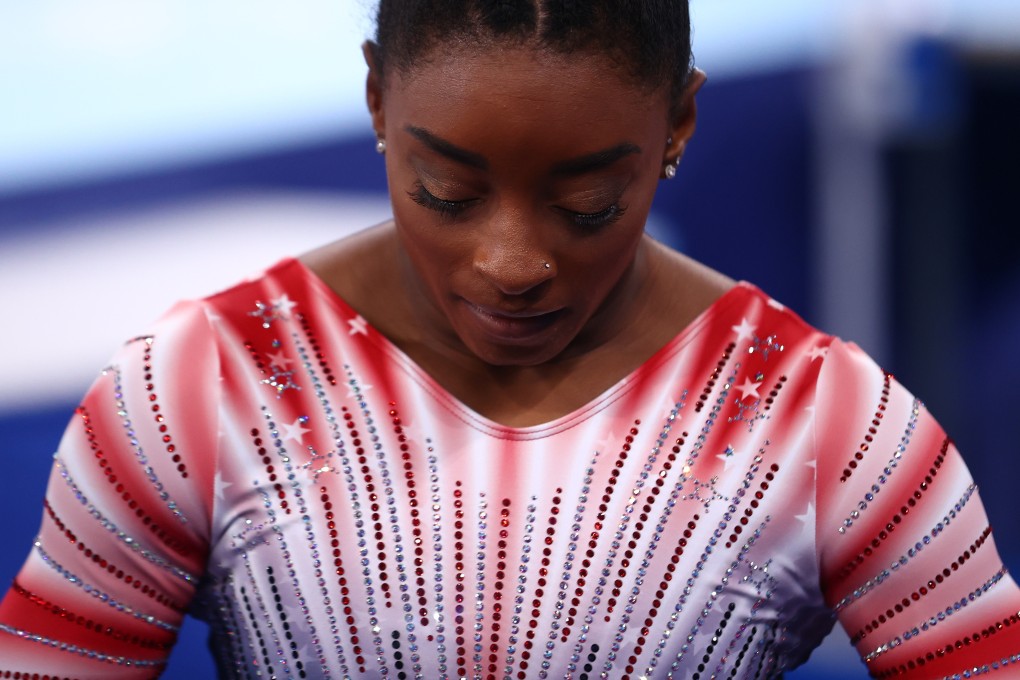Editorial | Star athletes, too, can suffer mental stress
- Rather than vilifying those such as Naomi Osaka and Simone Biles for withdrawing from competition to protect their health, they should be held up as examples of courage and responsibility

At the elite level of sport, expectations of athletes on and off the field can make it mentally stressful, sometimes dangerously so. Japanese grand slam tennis champion Naomi Osaka, who withdrew from the French Open tournament, and American superstar gymnast Simone Biles, who pulled out of many of her events at the Olympic Games, to protect their mental health are cases in point.
Taking part matters most, not winning, according to the father of the modern Olympics, Pierre de Coubertin. It does not, of course. Winning matters – to athletes striving to meet expectations, to coaches and officials on the public payroll anxious to justify financial support, to governments and commercial sponsors who put up the money and, of course, to a nationalistic global television audience.
All that amounts to pressure on athletes, which easily translates into mental stress, no matter how highly trained and tuned they are physically, or how much they earn directly and indirectly from their sport. Biles, described as the greatest woman gymnast ever, cited pressure of expectation as a factor in her withdrawal from the teams gymnastic event, after she lost her bearings mid-air in the vault and struggled to land on her feet. She is right to have withdrawn.
The margin for error in gymnastics is small. A gold medal is not worth risk to life and limb. She should be praised for setting a good example, not vilified as a quitter as she was in some social media postings. Tragic accidents may be few and far between in gymnastics, but there remains a history of permanent paralysis and premature death of elite competitors pushed beyond their limits.
Osaka says she suffers from anxiety and depression, which makes it an ordeal to face lights, cameras and microphones and all manner of questions in post-match press conferences, win or lose, to meet the expectations of sponsors and media. She faced a fine and threats of disqualification for not appearing and withdrew from the French Open to protect her mental health. She, too, should be held up as an example of courage and responsibility, not castigated.
Olympic competition is a test of mental toughness and resilience. Officials understandably cite success as a measure of a nation’s youth and the value of investment in sport. But they and fans must not lose sight of the fact that even champions can be vulnerable mentally.
